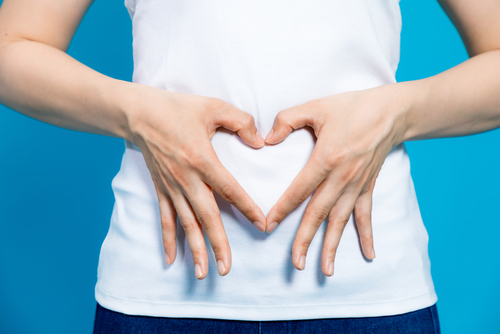A combination of five probiotic bacteria strains in a “spore-based” formulation marketed by Microbiome Labs under the name MegaSporeBiotic reduced inflammation and endotoxin levels commonly associated with “leaky bowel” symptoms, according to a recent study.
These findings, “Oral spore-based probiotic supplementation was associated with reduced incidence of post-prandial dietary endotoxin, triglycerides, and disease risk biomarkers” were published in The World Journal of Gastrointestinal Pathophysiology.
Leaky bowel is increasingly recognized as a first insult that may lead to a series of conditions, such as inflammatory bowel disease (IBD).
“To our knowledge, the present study is the first attempt to clinically leverage the benefits of spore-based probiotics to improve health outcomes,” Brian K McFarlin, PhD, associate professor at the University of North Texas, and colleagues wrote on their report.
Diets rich in highly processed and calorie-dense foods, combined with reduced physical activity, probably have contributed greatly to the development of several chronic illnesses associated with gastrointestinal tract abnormalities and systemic inflammation.
Although not recognized as a medical condition, the “leaky bowel” is characterized by impaired gut barrier function. With no specific tests to identify this situation, researchers have proposed the analysis of metabolic endotoxins in the bloodstream as a measure of bowel permeability function.
Endotoxins, also known as lipopolysaccharides (LPS), are small fat molecules found in the outer layer of bacteria that normally populates the gut. The presence of these molecules in the blood suggests they were able to pass the gut membranes due to a faulty protective barrier.
To evaluate if the use of probiotic bacteria could improve the gut protective function, the research team compared the effects of 30 days of treatment with a combination of probiotic bacteria strains (Bacillus indicus, Bacillus subtilis (HU58), Bacillus coagulans, and Bacillus licheniformis, and Bacillus clausii strains), or with a placebo, in 28 apparently healthy individuals. All participants were selected based on their higher blood levels of endotoxin within five hours following a meal.
The team found that the 30-day probiotic supplementation regimen reduced endotoxin blood levels by 42 percent after consumption of a high-fat and caloric meal; the placebo group presented a 36 percent increase in endotoxin levels. These results suggests that use of such probiotic combination helps to restore the protective function of the gut.
This positive result was accompanied by a reduction of triglyceride levels of 24 percent, and a significant reduction of IL-12p70 and IL-1β, two molecules associated with immune system activation and inflammation.
In addition, the probiotic supplements significantly reduced the levels of the hormone ghrelin. This hormone is essential for regulation of the sensation of hunger and satiety and it is reduced in obese individuals compared to people of normal weight. The observed effect of the probiotic supplement regimen suggests that probiotics also can help improve one’s hunger/satiety control.

